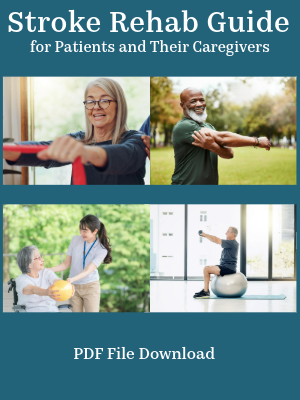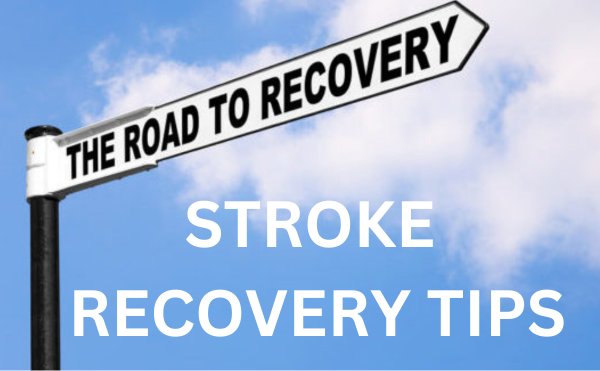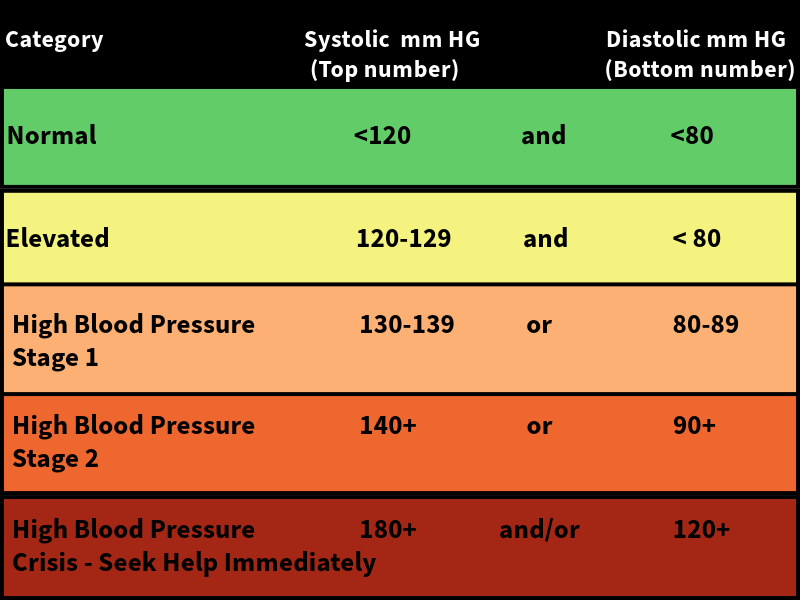Submissions from Readers
Insurance cut off therapy
Question:My mom had a brain stem stroke 3 months ago. She has a trach, feeding tube, and catheter. Last month she began getting a small amount of movement in her arms and legs and also was beginning to swallow and say a few words with the help of therapists. Unfortunately her insurance has declared that she no longer requires skilled nursing care and dropped her coverage. Since she has not had therapy in the last week she has definitely been going backwards. What can we do to help her? We do not have the resources for expensive therapy and my dad is now draining their savings just for basic nursing home care. We need help.
ANSWER:I don't know if your mom has insurance through a Medicare plan or private insurance, but it is my understanding that private insurance often follows Medicare's guidelines so I will try to highlight those guidelines. If she has private insurance, you should check with the insurance company for specific coverage info.
Under Medicare A: Your mother's hospitalization due to stroke qualified her for a skilled nursing facility (SNF) stay. She became eligible for 100 days in a SNF after this hospitalization. If she has not had 100 days of therapy at the SNF, and you feel she was improving, I would ask her physician to prescribe more therapy.
Write down specifics about how she was improving and why she is now declining. If she has not used her 100 days, and it has been less than 30 days since she stopped therapy, medicare will cover more therapy days (up to 100) as long as the physician feels it is warranted and writes an order (and the therapists document progress in their notes). As you can see, it's important to have the physician and therapists on the same page as you.
If your mom already received 100 days of SNF care due to her stroke, then she has used up her days for this benefit period. To qualify for a new 100 days, she must be off therapy and any other skilled services for 60 days and then be hospitalized again for a minimum of 3 days. Obviously you don't want her to have a condition that warrants going back to the hospital so if she has used her 100 days, you want to look at other options.
Nursing facilities offer restorative care for patients. Since your mother is already showing signs of declining, I would definitely recommend a restorative program. The restorative program is performed by specially trained CNAs (nurses aides). If the facility has a good restorative program, therapists should be training the aides on which exercises to do with your mom. If your mom is not on a restorative program, talk to the nursing and/or therapy staff about establishing one. If there is already a restorative program and you are dissatisfied with the results, then notify therapy and nursing so they can adjust the program to better fit your mom's needs.
Medicare B can also be used for therapy benefits for patients who live in a nursing home. I don't know all the specifics, but I believe there is a deductible, and the patient has a 20% copay. To receive Medicare B benefits, the patient cannot be eligible for Medicare A therapy benefits.
If none of the above options work, ask the therapists to train your family on the most effective techniques that have worked with your mom. Family members can then work with her on these rehab exercises until your mom can again qualify for therapy services.
A better explanation of SNF benefits under medicare can be found in this publication: Medicare Coverage of Skilled Nursing Facility Care
Please note that there are frequent changes to medicare policy so the information above may already be outdated.
Click here to read or post comments
Medicare and rehab?
by Anonymous
Question: Obviously there is immense help for stroke survivors who have enormous funds to spend:
Hyperbaric oxygen
Stem cell
Extensive physical therapy
For what does Medicare actually pay?
Why not pay a few thousand for sufficient
therapy, rather than have someone on disability
for life?
Patients of other serious ailments receive years of treatment, as long as needed. Any ideas?
Answers: Stem cell therapy is only in the research stage of treatment and is not actually used to treat stroke at this time except in research studies. Hyperbaric Oxygen treatments have been shown effective in treating some conditions, however, it is only considered an experimental treatment for stroke and is not one of the conditions covered by Medicare. Physical, speech, and occupational therapy treatments are usually covered by Medicare and insurance up to a certain number of visits.
There is no one cure or treatment for stroke that has proven to be absolutely effective. Each stroke is different and responds differently to various types of treatments. Some patients who have experienced stroke are so severely impaired that they make little gains. If someone has enough money, he or she can try as many different treatments as can be afforded, but that doesn't mean they are always going to have the best outcome.
I think the issue you bring up is an age old problem where the wealthy have access to better healthcare than those who are disadvantaged. One of the reasons I started this website was to help persons find out more about stroke therapy and treatments who might not be able to afford to go to multiple therapy sessions or may not have access to good information. I think the internet is an invaluable tool in helping people learn about stroke treatment. It can't replace a medical professional, but at least it can help the stroke patient along in their process.
I disagree that patients with other ailment receive years of treatment as long as needed. Therapists are required to show that patients are making progress with therapy and goals. We cannot treat patients as long as we want based on diagnosis. We have to discharge any patient who plateaus with therapy, and I've noticed no difference in stroke patients versus those with other ailments. In fact, I probably keep stroke patients longer than most other diagnoses because of the extensive therapy they often need.
It's important for stroke patients to remember that you can go back and seek more therapy if you begin to decline in function or start to make new gains. Just because one was initially discharged from therapy doesn't mean they can't have more therapy in the future for their stroke. I think the best thing a person who has experienced stroke can do for themselves is follow through with home exercises, be as active as possible, keep a positive attitude, and continue to seek more knowledge regarding stroke treatments and exercises.
Treatment Tips from Others
To see tips from other survivors and caregivers about their treatment recommendations, click here.
Get Our Stroke Rehab Guide

Our stroke rehab guide is designed specifically for patients and caregivers. It's in pdf format and can be immediately downloaded. It includes about
- Stroke Definition & Causes
- Stroke Treatment
- Rehabilitation Information for Physical, Occupational and Speech Therapy
- Exercise pictures
- Q&A from patients and caregivers
- Adaptive Equipment & Techniques
- How to Prevent Another Stroke & More!
Medical Disclaimer: All information on this website is for informational purposes only. This website does not provide medical advice or treatment. Always seek the advice of your physician or other healthcare provider before undertaking a new healthcare or exercise regimen. Never disregard professional medical advice or delay seeking medical treatment because of something you have read on this website. See the disclaimer page for full information.
- Home
- Stroke Questions
- Medicare and rehab?
















